Special Rituals: Special rituals performed in Shiva Mandirs are imbued with deep spiritual significance, connecting devotees to Lord Shiva's divine energy. Here are some of the key rituals:
Abhishekam (Sacred Bathing):
One of the most important rituals, where the Shiva Lingam is bathed with sacred substances such as milk, water, honey, ghee, curd, sugarcane juice, and even holy water from the Ganges. Each substance carries symbolic meanings like purity, devotion, and spiritual cleansing.
Bilva Leaf Offering:
The Bilva (or Bel) leaves are considered extremely sacred and are offered to Lord Shiva as part of the worship. It is believed that these leaves have a cooling effect and please Lord Shiva, who holds fire and energy.
Chanting of Shiva Mantras:
Devotees chant powerful mantras like “Om Namah Shivaya” and the Maha Mrityunjaya Mantra during prayers, often accompanied by the rhythmic ringing of temple bells. This creates a spiritually charged atmosphere.
Lighting of Lamps (Deepa Aradhana):
Oil lamps are lit in front of the deity, symbolizing the dispelling of ignorance and the illumination of wisdom.
Aarti (Divine Worship Ceremony):
Aarti is performed with a lit camphor or ghee lamp while devotional hymns praising Lord Shiva are sung. The lighted lamp is waved in a circular motion before the deity, symbolizing the offering of the devotee's soul to the divine.
Rudra Homam (Fire Offering):
A sacred fire ritual conducted in many Shiva Mandirs, where offerings are made into a fire while reciting verses from the Vedic texts, especially the Rudram Chamakam.
Pradosha Pooja:
Observed on the 13th day of both the waxing and waning moon cycles, this ritual is dedicated to Lord Shiva and Goddess Parvati. Special prayers, fasting, and offerings are performed during Pradosham.
Maha Shivaratri Celebrations:
This is the most significant festival for Lord Shiva, involving night-long vigils, fasting, Abhishekam, and the chanting of Shiva's name. Devotees gather in large numbers to perform special rituals throughout the night.


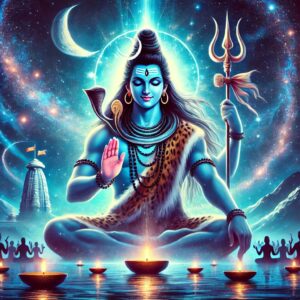
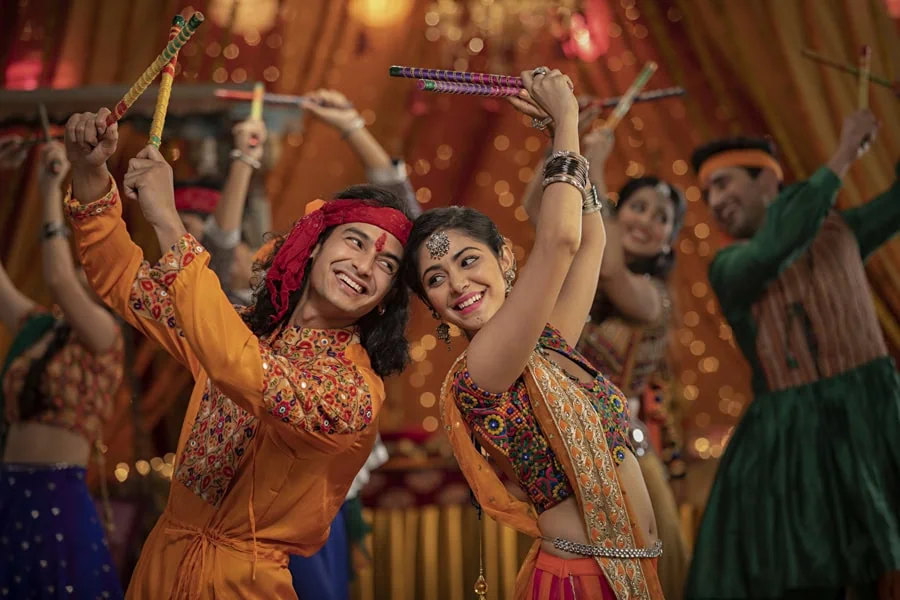



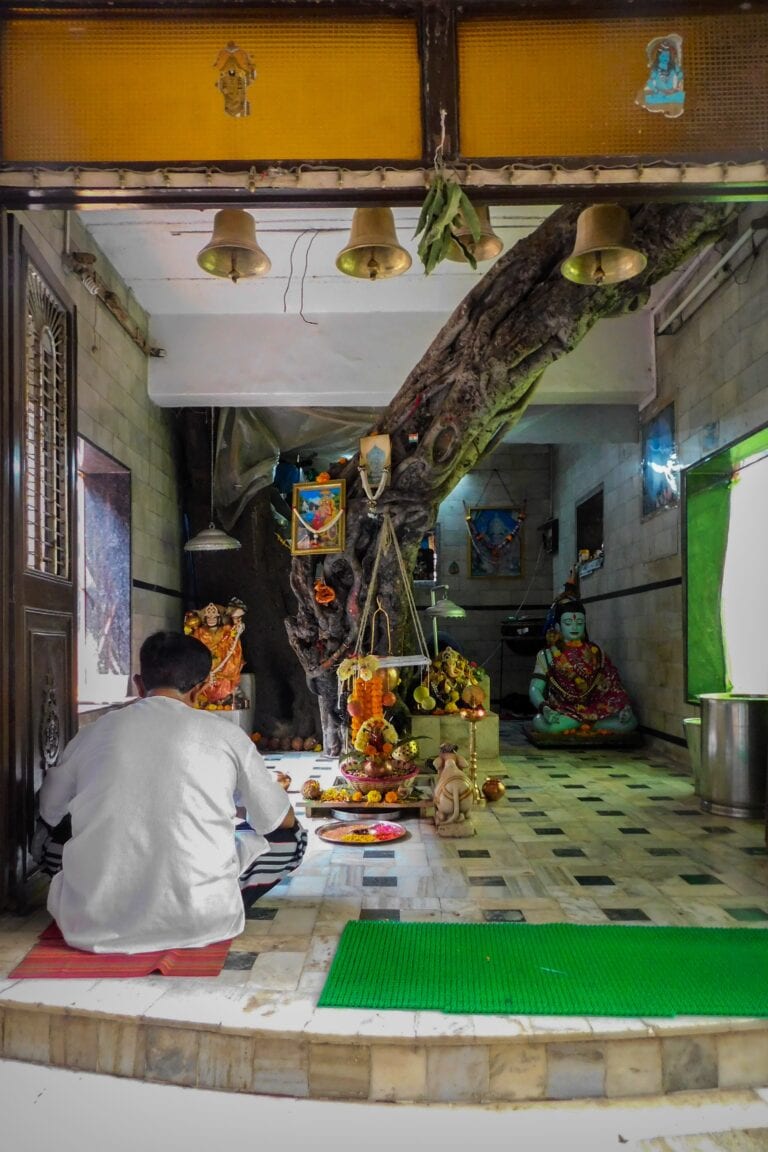




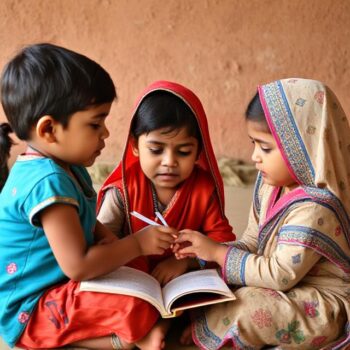



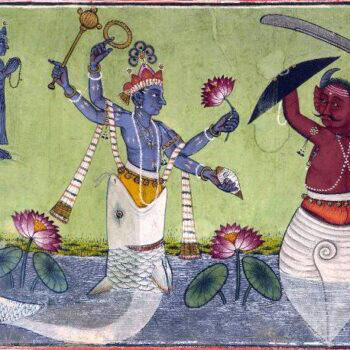
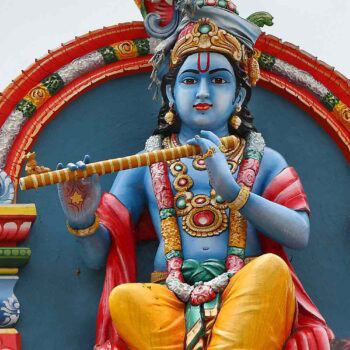

Responses